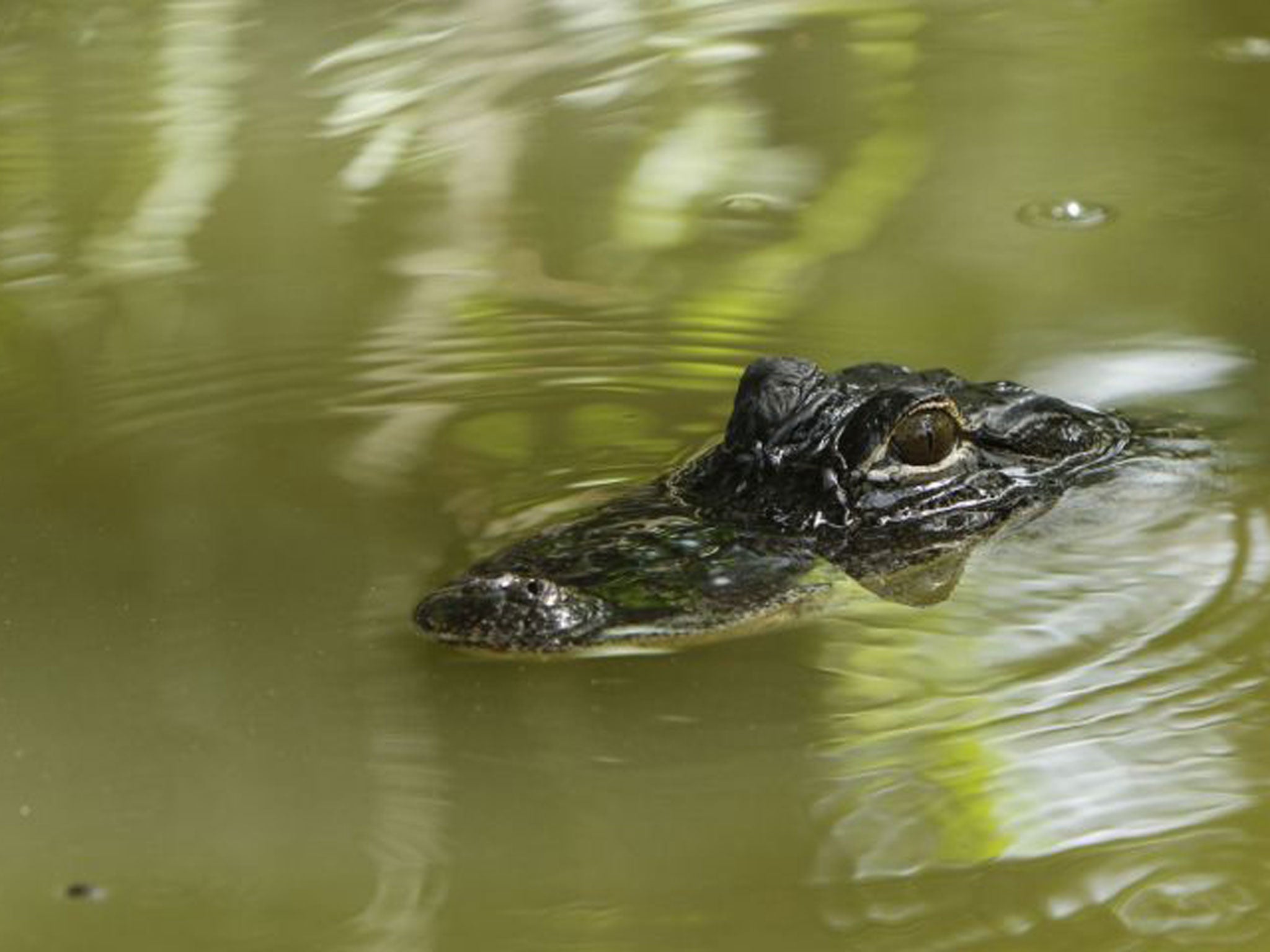Simon Calder: Foreign lesions, and how to avoid them
The man who pays his way

Sometimes, you can judge a book by its index. Try this alphabetical array: “Alligators, attacks by; altitude; American cutaneous leishmaniasis”.
Merry Christmas, everybody. The bumper book of beastliness that may be jutting out of your festive stocking later this month is Travellers’ Health, whose fifth edition was launched this week. Its author is Dr Richard Dawood, who virtually single-handedly founded the discipline of travel medicine with the book’s first edition in 1986. He enlisted expertise from across the medical profession to compile an encyclopaedia of excuses to stay at home. And that’s just the clinical cross-section under “A”.
Alligator bite wounds, you learn, “are inevitably infected with a range of bacteria”. Frankly, I think that could be the least of your concerns should you find yourself up the wrong creek with a greedy gator. Prevention, the book suggests, is better than cure. “If attacked on dry land, run. If attacked in the water, hit the animal on the nose and eyes with any available weapon.” Such as Travellers’ Health.
Altitude is a problem only if you hurry. “Altitude illness is entirely preventable: no one should die of it,” the book notes. “Acclimatisation is a state of physiological ‘truce’ between the body of a visitor and the low-oxygen environment of high altitude. This truce permits the trekker to ascend gradually.” You need to be acutely aware of the symptoms of AMS, in this context the acronym for Acute Mountain Sickness, rather than Schiphol airport near Amsterdam (elevation 11ft below sea level). The travellers at greatest peril are those who do not “listen to their body” and continue to ascend. High places, though, can affect more than your judgement. “Haemorrhoids are also common at altitude,” you learn. When planning your next trip, it may help to know that the highest point in Norfolk, Beacon Hill, is a comfortable 338ft above the North Sea.
American cutaneous leishmaniasis? Beware in Belize, where some sandflies harbour this parasite. Its most antisocial variant causes a disfiguring disease in which the nose and lips become swollen, and eventually “the lesions spread along the cartilage of the nose”.
Heavens, what horrors could the rest of the index hold from B to Z? In fact, Travellers’ Health abounds with good advice. Bindings of the ski variety should be tested every day, heel and toe, to ensure they will release in the event of a fall. And Zopiclone is a sleeping pill and therefore may ease the effects of jet lag but does not accelerate adjustment to a new time zone.
Be positive about B–
The launch event was held in the sumptuous surroundings of the St Pancras Renaissance Hotel in London, above the platforms that can take you to the mystic east or south to Elephant & Castle. It felt like being admitted to the world’s most exotic A&E department. Look, there’s Colonel Michael Thomas, clinical director for the Blood Care Foundation (bloodcare.org.uk) – which guarantees to get safe supplies of your blood type to almost anywhere in the world. The exceptions that are not covered comprise a couple of dozen countries whose blood supplies are considered impeccable. The list includes Britain and various other western European nations – but, curiously, only the northern half of Germany.
As a traveller you should always try to be positive, but if, like me, you inadvertently find yourself B-negative in haemotological terms, you could be in trouble when you need a transfusion. Rhesus-negative blood groups, I discovered, “are virtually confined to the Mediterranean and Northern European races”, which is why the foundation has set up strategically located blood banks in other parts of the world.
Colonel Thomas is now involved in another global mission: to reduce the appalling attrition from rabies, the deadliest infectious disease on Earth. Anyone who contracts it, from a bite or merely a lick from an infected animal, will die. But there is a brief window between the encounter and the disease taking hold, and Colonel Thomas aims to get life-saving vaccine to the traveller anywhere in the world. Good luck if you happen to be in North Korea, whence Dr Dawood’s brother, Norman, has just returned. Travelling seems to be in the, er, blood.
Gut instinct
What, I enquired of Dr Dawood, was the most significant change between the fourth and fifth editions of his book? I imagined he might mention the worrying resurgence of both cholera and TB, or the encroachment of malaria and dengue fever in Europe. But the answer was: technology.
“You can now download the entire book from the loo,” said Dr Dawood. If you have mistakenly departed without the book, and you happen to be carrying a Kindle, you can in seconds acquire the whole thing, including page 14 – which looks initially like a map of Latin America, but turns out to be a diagram of the small and large intestines, labelled with the legions of bugs that seek to upset your stomach.
Given the foreign lesions that may lurk in the sand scrunching beneath your toes on the idyllic cays of Central America, should you simply stay at home? No, says Dr Dawood, who instead prescribes a good holiday. “If you are a careful, responsible traveller, travel will be good for your health and well-being, and good for the places and people you visit.”
‘Travellers’ Health’ is published by OUP, £16.99
Subscribe to Independent Premium to bookmark this article
Want to bookmark your favourite articles and stories to read or reference later? Start your Independent Premium subscription today.

Join our commenting forum
Join thought-provoking conversations, follow other Independent readers and see their replies